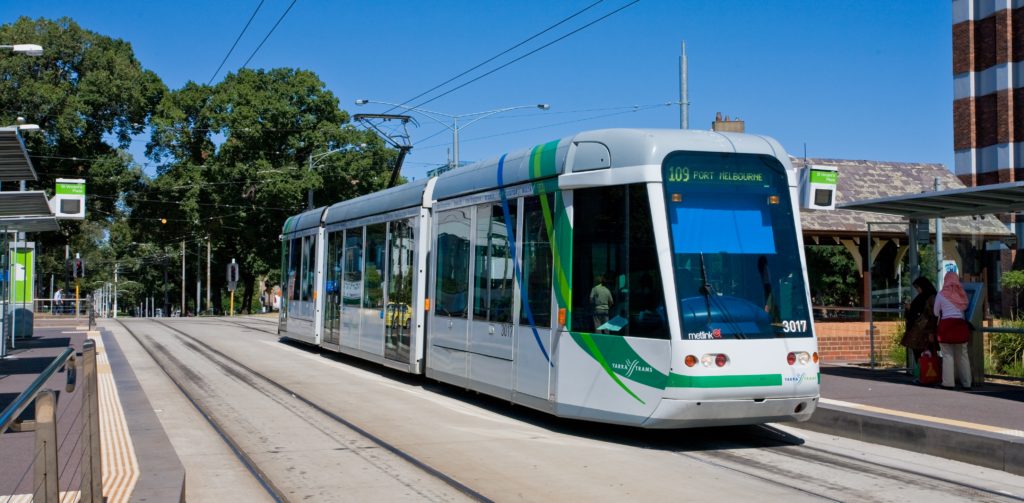Achieving climate-friendly mobility is possible by transferring public resources, which are currently allocated to automobiles, to public transport and active modes of travel. This was revealed in a Transport & Mobility Leuven study (TML) on behalf of Greenpeace published today. The proposed scenario would reduce CO2 emissions by 20% between 2005 and 2030.
TML envisioned a political scenario in 2030 based on three pillars: the introduction of an intelligent tax per kilometre; abolishing company cars and fuel cards; and ending fiscal advantages for professional use of diesel (and certain users recovering part of the excises). In this scenario, 50% of the amount gained by these measures would be invested to promote public transport and active travel modes such as cycling or walking.
TML calculated that in 2030 individual road transport would fall by 22% in favour of active modes (doubled) and public transport (+ 33%) and external cost would be reduced by 1.5 billion euros. By external cost, it means the emission of air pollutants, greenhouse gas emissions, congestion, noise, accidents, etc.
But even these propositions would not achieve the objective of 35% reduction in CO2 emissions by 2030 (compared to 2005, in accordance with the Paris agreement). Additional policies would still be necessary, such as raising taxes, better city planning to reduce distances, encouraging carpooling, electric vehicles, etc.
"The solutions are there," Greenpeace project manager Joeri Thijs said. "Enough dawdling! The next government must be one for climate."
The study was conducted in partnership with Trein Tram Bus, le Gracq, le Foetserbond and Bond Beter Leefmilieu.
The Brussels Times

